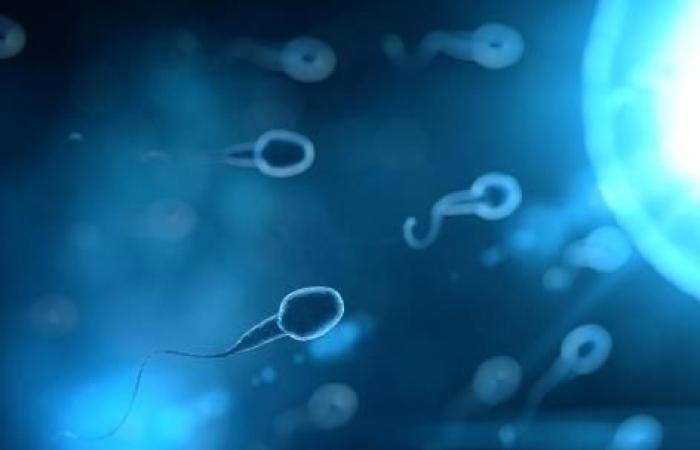THE ESSENTIAL
- Stress experienced during childhood can affect the sperm epigenome and be transmitted to future generations.
- Epigenetic inheritance is the impact of the experience of one generation on the epigenetics of the next.
- Researchers have discovered two pieces of evidence for this epigenetic inheritance in men who experienced childhood trauma.
The stress experienced by a child impacts the quality of his sperm once he is an adult, according to a new study published in the journal Molecular Psychiatry. According to researchers from the University of Turkuin Finland, in collaboration with those of the University of Copenhagenin Denmark, this could have consequences for the brain development of the next generation.
Stress experienced during childhood impacts sperm
Prior to this research, the University of Turku team worked on the FinnBrain study cohort, which involved 55 men. She discovered an association between exposure to paternal stress early in life and child brain development. In other work, it has also been shown that childhood maltreatment is associated with several epigenetic characteristics of sperm, which could have effects on children’s brain development. L’National Institute of Health and Medical Research (Inserm) defines epigenetics as changes in the activity of genes (by activating or inhibiting them), not involving modification of the DNA sequence. These modifications can be transmitted during cell division.
After these advances, scientists wanted to find evidence of epigenetic inheritance. That is to say the impact of the experience of one generation on the next. To do this, they took over the FinnBrain study cohort. “This study is the largest and most comprehensive ever carried out on humans”, explains Professor Noora Kotaja, lead author of the new study, in a press release.
Evidence for the epigenetic inheritance of stress
During their new analyses, the researchers looked at DNA methylation which is “one of the methods that the epigenome uses to activate or inhibit genes, as defined in this article National Geographic. DNA methylation generally adds a chemical marker to the DNA; demethylation removes it”.
Thus, scientists discovered two proofs of epigenetic inheritance in men who experienced trauma during their childhood, they had:
- lower levels of sperm DNA methylation in three DNA regions;
- alterations in the expression of certain non-coding RNA molecules.
Both of these changes are associated with offspring brain development.
The results support the researchers’ hypothesis: the stress experienced by one generation can be transmitted to subsequent ones, via epigenetics. But, for the moment, they do not constitute scientific proof. Further tests will need to be carried out to prove the heredity of trauma.
Health
Canada






